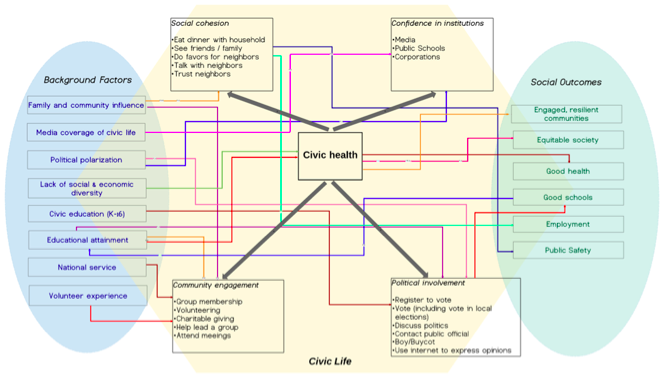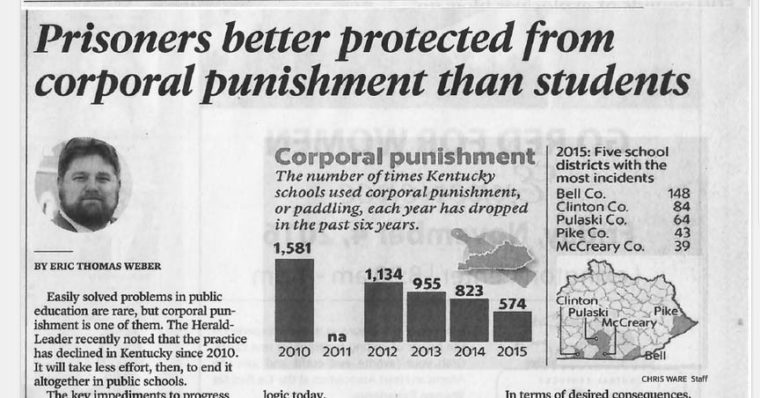While I could endlessly pontificate about last night’s presidential debate, there’s not much I could add that hasn’t already been said by the many, many pundits and posters covering this race.
So I decided for today to do a very quick analysis of the debate transcript, as provided by the New York Times.
The transcript captures three speakers – Clinton, Trump, and moderator Lester Holt; and three interactions – crosstalk, laughter, and applause. The audience was under clear instructions to neither laugh nor applaud, but they did so anyway, getting, I think, a bit rowdier as the night went on.
The transcript watched 5 instances of audience laughter – 4 in response to Clinton and 1 in response to Trump (“I also have a much better temperament than she has, you know?”). Of the 12 instances of applause, 4 were in response to the moderator, 3 were in response to Clinton, and 5 were in response to Trump.
For crosstalk, the meaning is a little less clear – crosstalk is marked after 4 Trump comments, 3 Holt comments, and 1 Clinton comment…but this doesn’t explicitly indicate who was the actual interrupter.
While some have argued that Holt did an insufficient job of keeping time, Clinton and Trump did have about equal coverage – at least in terms of word count. Clinton spoke slightly less, using a total of 2403 words to Trump’s 2951. Interestingly, Clinton used more unique words – 788 to Trump’s 730.
And if you’re wondering, Lester Holt spoke a total of 1431 words, 481 of which were unique.
Using a simple log-likelihood technique, we can look at which words are most distinctive by speaker. That is, by comparing the frequency of words in one speaker’s text to the full transcript, we can see which words are over represented in that subsample.
In the role of moderator, for example, we see that Holt was much more likely to use words like “Mr”, “question”, “segment” and “minutes.”
Typically, you’d use log-likelihood on a much larger corpus, but it can still be fun for a single debate transcript.
Among Clinton’s most distinctive words were: “right”, “war”, and “country”
Among Trump’s most distinctive words were: “business”, “new”, and “judgment”. (Note that “bigly” does not appear in the transcript, since he actually said “big league”.)
This is a very rudimentary text analysis, but its still interesting to think about what we can learn from these simple assessments.






